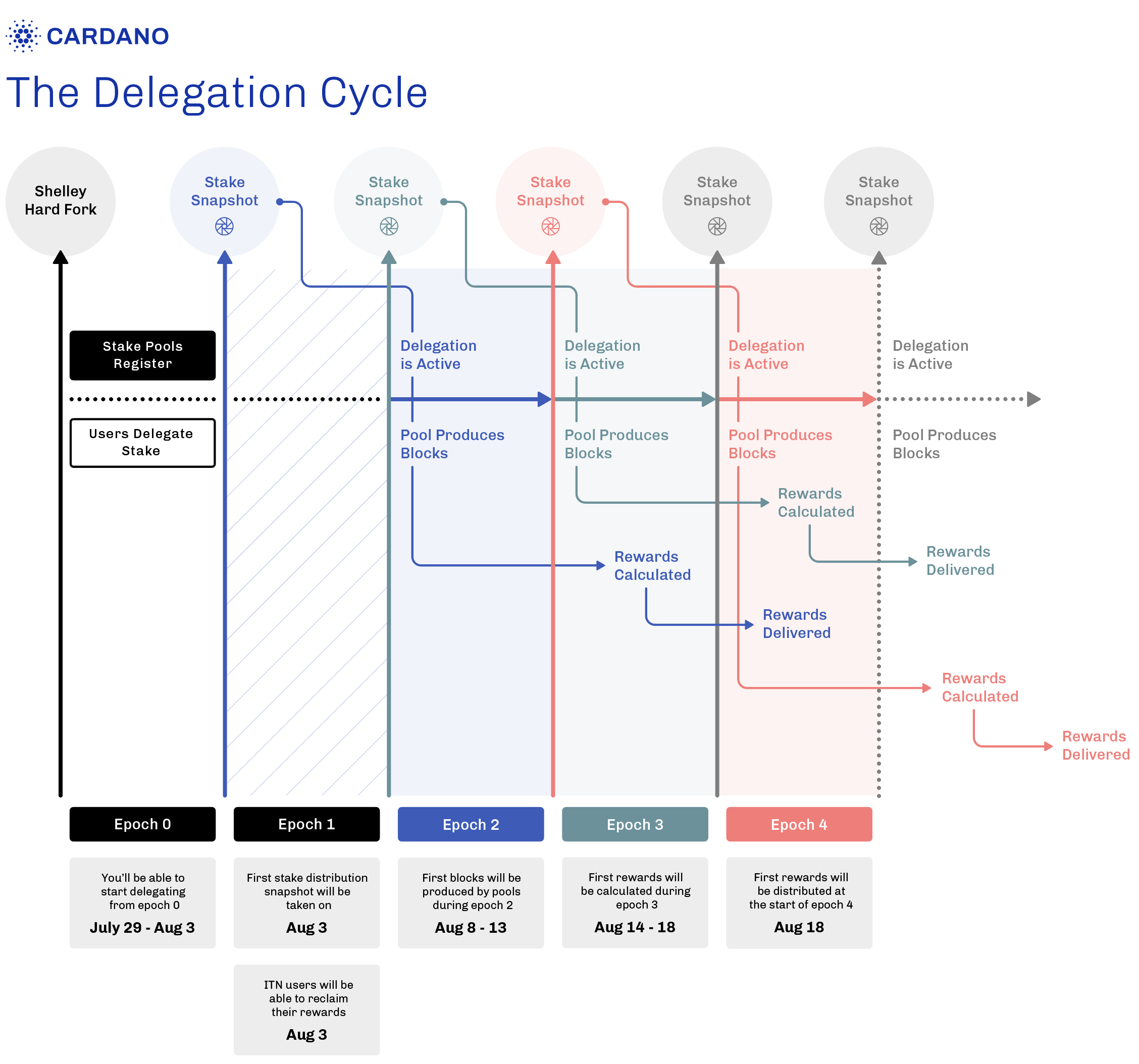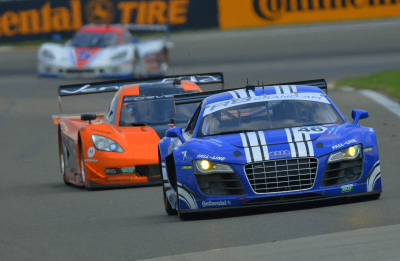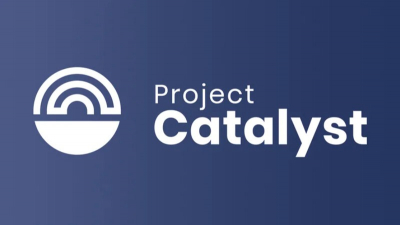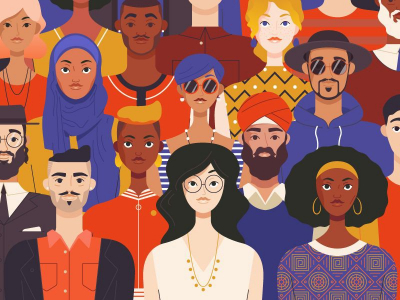The long way towards decentralization
While Cardano recently underwent its hardfork which transitions the blockchain from the federated state of Byron, where IOHK nodes produce all the blocks into Shelley were stakepool come into play the consensus currently ain’t decentralized yet. The reason for that is to guarantee a stable operation of the Cardano mainnet. Imagine flipping the switch from one day to another and realizing something went wrong and brings the whole blockchain to a halt… Not a great idea!
The way this was solved was by introducing the parameter “d” which simply means “decentralization”. When the hardfork happens this was set to “1” meaning all blocks are still produced by the same nodes as before. This value will gradually decrease over time until it reaches “0” where all blocks are produced by stakepools and Cardano is fully decentralized. While no exact timeline was given to reach “0” Charles Hoskinson said in one of his latest videos he hopes this to be the case around ThanksGiving, meaning end of November!
Why is this important to me as a delegator…?
Looking at the timeline below you can see that the first blocks produced by stakepools are planned to happen in, what they call, Epoch 2. That’s not exactly precise as it counts the day of the hardfork as Epoch 0, while it was actually Epoch 208 in mainnet terms. So by transitioning into Epoch 210 on August 8th (21:44 UTC) we will see for the first time ever seeing blocks produced by stakepools instead of IOHK nodes.

But to make the transition smooth “d” will only be reduced by 10%, so it goes from “1” to “0,9”. Meaning out of a total possible amount of 21.600 blocks over the period of 5 days only 2.160 will be produced by stakepools!
How do I get those early rewards…
For you as a delegator you might want to stick with big pools for those early epochs (several weeks or months) until “d” is further decreased to make sure you maximize your chance for rewards. The “block creation right”, meaning the pool being assigned by the protocol to produce a block within a given slot, is based on the total stake your pool holds and partially also luck. So of course a pool with only 1mio ADA could be awarded with one slot per epoch — but chances are pretty small…
Assuming a pool holds 1% of the total amount of ADA staked, then this pool would in theory create 1% of the blocks in this given epoch.
With d=0,9 this is: 2.160*1%=21,6 blocks
With currently 6.39 billion ADA staked that 1% would be 63.9Mio ADA. This is still below the saturation point which is, with parameter k=150 (based on total supply) at >200Mio ADA.
So let’s do the maths the other way around: What is the necessary stake for a pool in order to have a chance (let’s ignore luck for now) for one block with d=0,9:
6.390.000.000 / 2.160 = 2.958.333
So you might want to focus on pools with at least 3Mio ADA for the first few epochs until “d” gets dropped further…
Important
I am not saying it’s a bad idea to delegate towards small pools, the opposite is true! We all want a evenly spread out stakepool ecosystem. The only thing I say is, for the first few epochs you might want to consider a larger pool and switch later to not miss out on some early rewards…
As always if you found this article helpful support us by delegating to our stakepools #HRMS and #HRMS2

Thanks Wunderbaer
 Will the majority adopt sooner Bitcoin or Cardano?
Will the majority adopt sooner Bitcoin or Cardano? Catalyst Voting Guide
Catalyst Voting Guide What Cardano can change through decentralization
What Cardano can change through decentralization Cardano is designed to be here for decades
Cardano is designed to be here for decades